Departments removing China-linked CCTV and recording devices
Every Australian Government department is auditing and removing their Chinese Communist Party-linked CCTV and other recording devices.
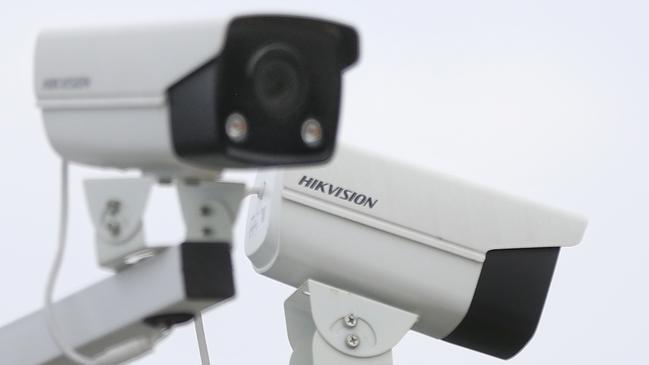
The federal government is quietly stripping out every one of the almost 1000 Hikvision and Dahua devices found in government buildings across the country, as the extent of the links between the two companies and the Chinese Communist Party is revealed.
While the Defence, Finance and Foreign Affairs departments publicly announced they were removing the cameras, along with the National Disability Insurance Agency and Australian War Memorial, it is understood every department has decided to audit and remove their CCTV and other recording devices provided by the two companies.
The decision comes ahead of formal advice being provided to Attorney-General Mark Dreyfus about whether a formal ban is required.
The two companies – the largest and second-largest providers of video surveillance in the world – are coming under increasing suspicion in advanced democracies, with the US and UK banning or severely restricting them and the European parliament removing the devices in 2021 over fears the data they gather could be harvested by Beijing.
And there are new calls for state and local government, along with critical infrastructure owners, to audit their own surveillance devices, with analysis conducted by a cyber analyst for opposition cyber security spokesman James Paterson showing 36,709 internet-connected
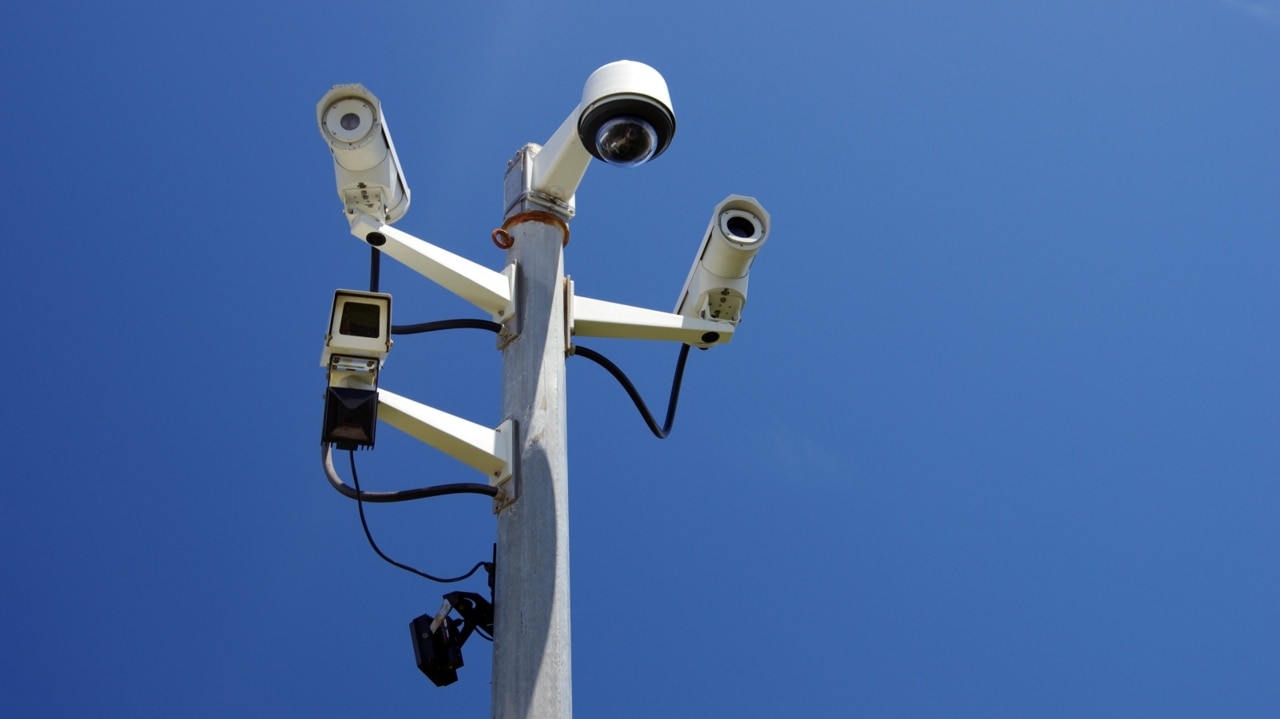
Hikvision cameras in Australia last week. A further 10,120 interconnected Dahua devices were also discovered, using the Shodan search engine.
Of the Hikvision cameras, 10,824 were in Sydney, 9380 in Melbourne, 4476 in Brisbane and 3189 in Adelaide. Small numbers of cameras were found in regional cities and towns across the country. A surprisingly high number of 2857 were on the Gold Coast, with the local council confirming Hikvision was one of several brands used by the council’s Safety Camera Network, which provides street surveillance.
“City of Gold Coast’s Safety Camera Network incorporates a range of CCTV camera brands and models, including Hikvision,” a spokesman said. “Our network is protected by best-practice cyber security measures and all footage recorded is stored securely in accordance with information privacy legislation.”
The cameras are suspect because the companies that developed and manufactured them are headquartered in China, meaning they are required by law to co-operate with Chinese intelligence agencies. As well, they have direct links back to Beijing.
Hikvision is closely connected to the CCP, with its major shareholder being the state-owed China Electronics Technology Group, through three subsidiary companies. The group is a defence contractor which develops drones and other military equipment
Hikvision chairman Chen Zongnian also chairs of one of the subsidiaries, known as the 52nd Research Institute, and is the Communist Party chairman of a second subsidiary, China Electronics Technology HIK Group. Mr Chen is also a member of the National People’s Congress.
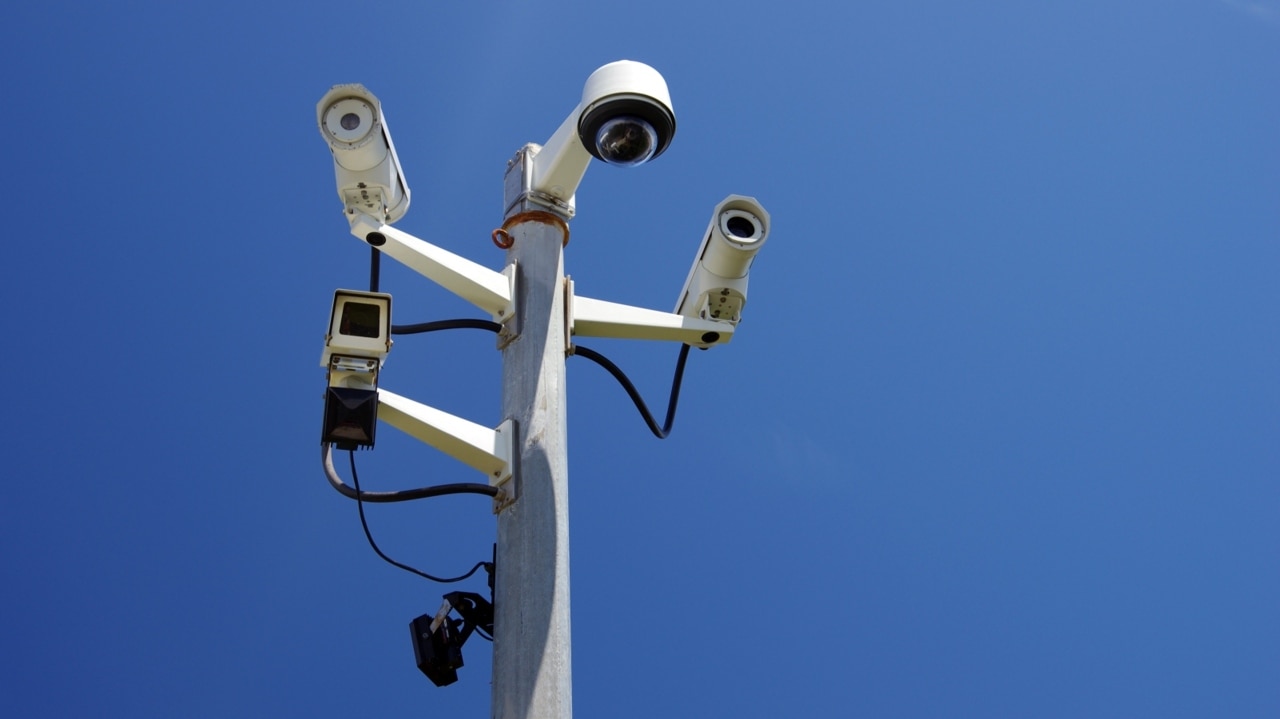
Dahua’s second-largest shareholder is the Chinese state-owned telecommunications behemoth China Mobile.
US cyber research firm IPVM, which specialises in investigating video surveillance, has spent years scrutinising Hikvision and Dahua and their corporate structure and practices.
IPVM analyst Charles Rollet said there were risks in installing devices from the two companies.
“Having those devices in a sensitive location is a risk because these two companies are very closely tied to the Chinese government – Hikvision is literally a part of the Chinese government,’’ he said.
“Their controlling shareholder and their chairman is basically a member of the Chinese government. And any Chinese company is subject to Article 7 of the National Intelligence Law which requires it to co-operate with Chinese intelligence.’’
Mr Rollet is following the debate in Australia and noted China’s complaints that Australia was “overstretching’’ national security concerns after Defence Minister Richard Marles announced 42 cameras would be stripped from Defence properties.
Defence is understood to be seeking out any cameras from Chinese companies, including Hikvision, Dahua, Huawei, ZTE and Hytera, and removing them from Defence assets.
“A decade ago the Chinese government decided to rip out foreign cameras from their own systems,’’ Mr Rollet said.


“They considered them to be a risk so it’s interesting to see them now accusing other countries of being discriminatory when China won’t allow foreign cameras.’’
Mr Rollet said Hikvision was “well-known worldwide. Anywhere you go in the world you are probably going to be filmed by a Hikvision camera.’’
Senator Paterson said the number of Hikvision and Dahua cameras connected to the internet in Australia was “alarmingly high’’ and posed a higher risk of data exfiltration and privacy invasion.
“Now that we are dealing with the federal government exposure to these Chinese Communist Party-linked surveillance companies, we must turn our attention to the risks these devices pose in public places and critical infrastructure,’’ he said.
“State and local governments and critical infrastructure companies must urgently assess their vulnerability to Hikvision and Dahua and remove them to protect the public, their customers and employees.’’



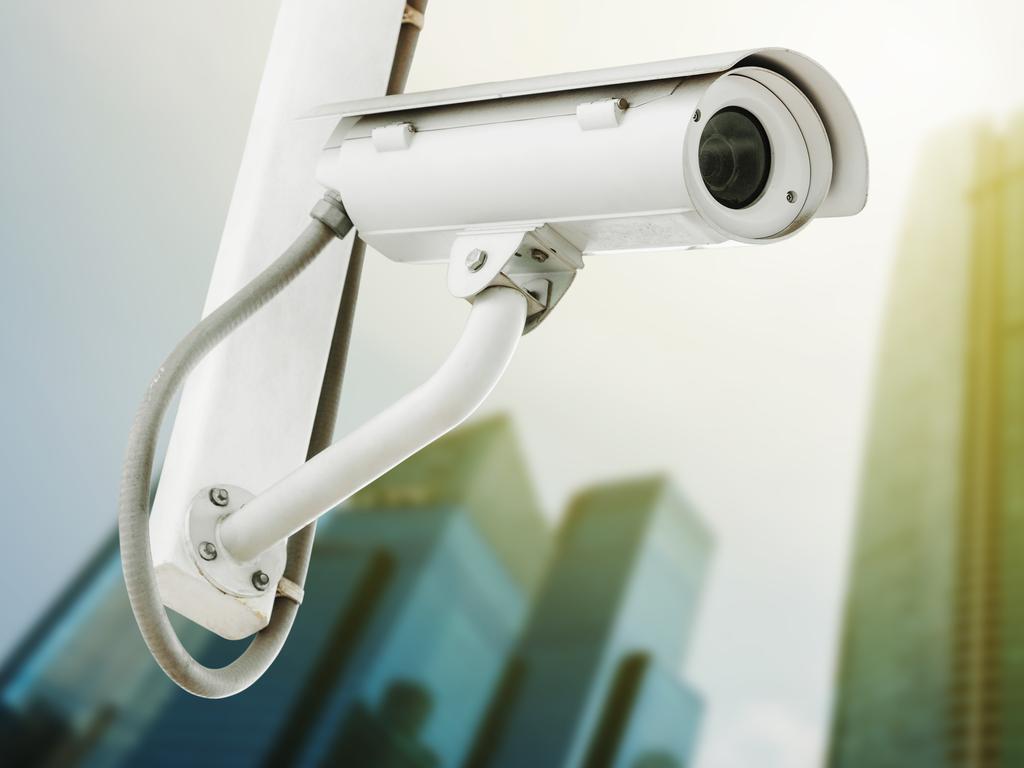

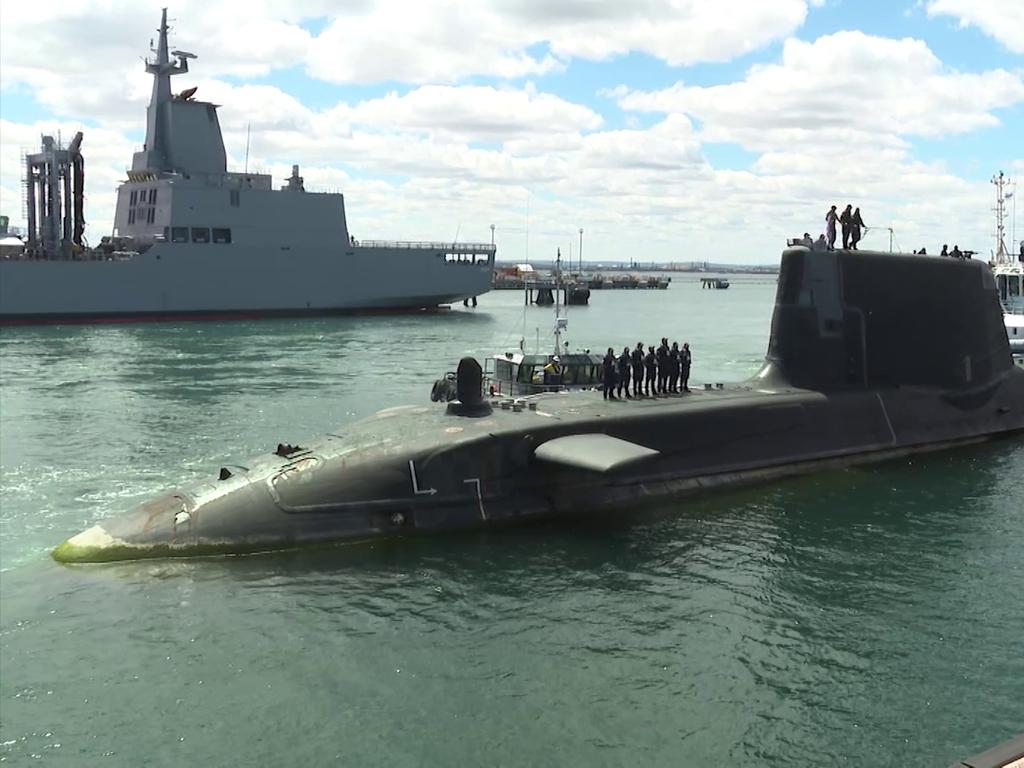


To join the conversation, please log in. Don't have an account? Register
Join the conversation, you are commenting as Logout